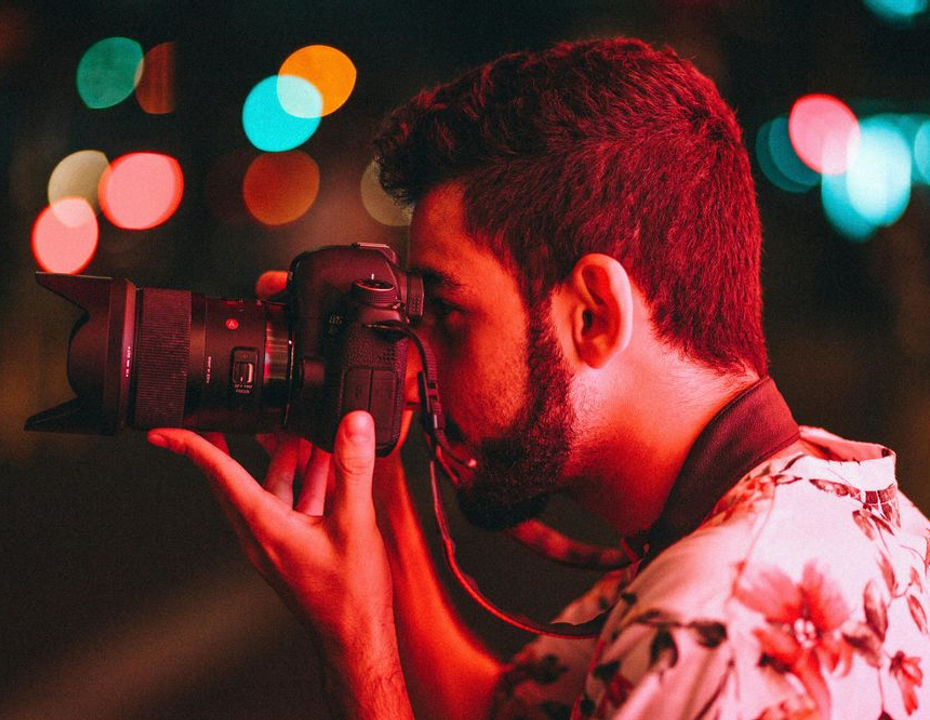
Preview in:
Artificial intelligence (AI) revolutionizes many industries, photography being no exception. The integration of technologies like AI reverse image search, AI photo enhancer, and other AI-powered tools in photography caused significant improvements, offering both chances and challenges for the future. This article explains how reverse image search AI changes the photography industry, its implications for photographers nowadays, and what ethical matters stem from those technological innovations.
How AI changes the photography market
The impact AI has on photography is enormous, covering various aspects, from creating images to editing and retouching them. Here are the key uses for it:
- AI Image Search: Tools such as AI reverse image search allow photographers to find similar images online easier. Through uploading an image in AI reverse search, they are able to find images in high resolution, track them, and find similar and related works, making their workflow better and protecting their copyright.
- Image generation: AI engines, such as Midjourney, can compile pictures based on text descriptions. It means that photographers can generate unique visualizations, by providing only keywords, which saves their time and widens their artistic capabilities. These AI generated images allow for rapid concept development and experimentation, especially useful in creative industries where visual storytelling plays a crucial role.
- Creative inspiration: AI can suggest new concepts and ideas, providing photographers with fresh perspectives. For example, adding keywords to AI art software can generate different art styles, inspiring artists in their work.
- Customization and editing: AI tools such as GAN Paint Studio allow fast editing of images in real-time, allowing artists to add, remove, and modify objects on their pictures quickly and with great precision.
- Automatic image tagging: Platforms such as Instagram or Facebook use reverse AI image search to tag and classify pictures, improving their effectiveness in managing and searching images.
- Postprocessing: AI automates fixes such as exposure, contrast, and balance, letting photographers focus on creative aspects. To further elevate image quality and resolution with minimal effort, you can use AI Image Enhancer to sharpen details and upscale photos in seconds.
Implications for photography nowadays (in 2026 and later)
Integration of AI reverse image search and other AI technologies brings a few implications:
- Enhanced creativity: AI introduces new tools that widen the borders of creativity. Photographers can explore new artistic methods, leading to unique and innovative works.
- Enhanced productivity: Automatic processes save time, allowing artists to focus on conceptual and artistic aspects, instead of boring and repetitive editorial tasks.
- Threat to originality: The ease with which AI can generate images can lead to distortion of individual style and originality. Photographers have to save their original voice in the sea of AI-generated content.
- Work market changes: Automation of editing and tagging may lower the demand for some professions related to photography and editing, forcing professionals to oblige to new rules and skills.
Ethical and privacy issues
With the development of technology such as Reverse image AI and Image search AI, and other AI tools, ethical and privacy issues arise.
- Authenticity and trust: The ability of AI to create realistic art dissolves the line between reality and fiction. Ensuring the authenticity of pictures becomes key, especially when it comes to photojournalism and documentary photography.
- Ethical use: Generating fake images makes it easy to spread misinformation, making it a threat to ethics. Moreover, some people claim reverse face search is also a privacy concern.
What are the AI dangers for upcoming years?
Conclusion
Integration of technologies like reverse image search with AI, reverse photo search AI, and reverse AI tools offer amazing possibilities and serious challenges. Through constant dialogue and ethical reflection, the industry can use AI potential to improve creativity, while protecting authenticity and integrity.
Sources:
Continue reading

News
Categories on lenso.ai | People, Duplicates, Places and more
When you visit lenso.ai for the first time, finding the right results might seem like a challenge. In reality, it’s easy! All you have to do is pick the right category for your search. In this article, we will explain how you can find categories and which category is the best for your use case.

News
Best Reverse Image Search Tools in 2026 - Categorized
Ever needed to find a specific detail in an image? Maybe it's a rare plant in the background, a book someone's holding, or even your own face in a crowd. The tool you choose for this task makes all the difference. In this article, we'll explore the different categories of image details you might search for and explain why selecting the right tool is crucial for finding the exact image you need.
![Best Chrome Extensions for Reverse Image Search [2026 Ranking]](https://img.lenso.ai/blog/best-chrome-extensions/best-chrome-extensions?updatedAt=1749627943559&tr=w-768,h-auto)
News
Best Chrome Extensions for Reverse Image Search [2026 Ranking]
Chrome extensions make everyday web usage even easier. You're probably already using an ad blocker, SEO tools, or other productivity extensions. Now is the perfect time to add a reverse image search tool to that list. Check out the best Chrome extensions for reverse image search!

News
3 Best TinEye alternatives for reverse image search in 2026
If you want to find the original source of an image or get more information about it, you probably use Google or TinEye for reverse image search. But there are other tools that can give you better or more unique results. So, what are the 3 best TinEye alternatives for reverse image search in 2026?

